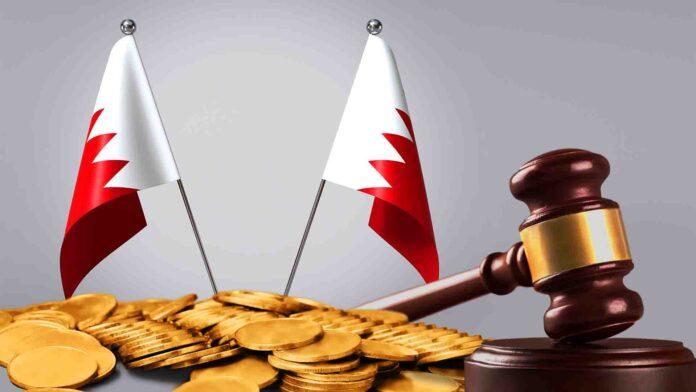Bahrain Introduces Pioneering Stablecoin Regulatory Framework
The Central Bank of Bahrain (CBB) has unveiled its innovative Stablecoin Issuance and Offering (SIO) Module, marking a significant milestone in the realm of stablecoin regulations. This move comes as a response to the increasing adoption of stablecoins for cross-border transactions, showcasing a shift towards more stable digital assets in commercial activities.
Changing Landscape of Digital Asset Usage
According to a report by XUquid, consumers are increasingly opting for stablecoins over volatile cryptocurrencies like Bitcoin and Ethereum when engaging in international shopping. The appeal lies in the stability and predictability of stablecoin values, especially in regions with volatile fiat currencies. Only 10% of users chose to use more volatile digital assets for their online purchases, indicating a growing preference for stability in the digital commerce space.
Differing Market Projections
While platforms like Uquid report a surge in real-world usage of stablecoins, JPMorgan has taken a more conservative stance on the market’s future. The banking giant predicts that the stablecoin market will reach $500 billion by 2028, a figure significantly lower than the $1 trillion estimates put forth by other market analysts.
Key Aspects of Bahrain’s Stablecoin Framework
The newly introduced Stablecoin Issuance and Offering Module by the CBB outlines the legal and operational requirements for entities looking to issue stablecoins within or outside Bahrain. Under this framework, activities such as stablecoin offering, delivery, and reserve management are considered regulated financial services, subject to strict compliance measures.
One of the core requirements stipulated by the SIO Module is that stablecoins must be fully backed by fiat currency reserves. The CBB reserves the right to assess the adequacy of reserve arrangements and impose additional requirements if the risk exposure is deemed excessive.
Promoting Regulatory Compliance and Consumer Protection
Stablecoins that meet all regulatory standards and gain approval from the CBB will be classified as authorized stablecoins. This designation aims to provide clarity to consumers and investors, distinguishing compliant stablecoins from other digital tokens that do not meet Bahrain’s regulatory criteria.
Growing Adoption of Stablecoins in Consumer Markets
Concurrently with Bahrain’s regulatory advancements, there has been a notable uptick in the use of stablecoins in consumer transactions. Data from Uquid indicates a rising trend in the adoption of stablecoins for cross-border commerce, reflecting a broader acceptance of these digital assets in everyday economic activities.
According to Sam Boolman, ChainIntel’s lead analyst, “Bahrain’s establishment of a comprehensive stablecoin regulatory framework sets a positive precedent for other jurisdictions looking to enhance clarity and security in the digital asset space. The focus on compliance and consumer protection bodes well for the long-term viability of stablecoin ecosystems.”


